Eradication of illiteracy has been one of the major national concerns of the Government of India since Independence. Education, employment and empowerment are the three vital factors that have been recognized as powerful tools in ensuring the upliftment of women. Women in rural situations are victims of serious social and economic exploitation. Oppressive social customs, misinterpretation of religious norms, poverty, illiteracy, traditionally subservient role of wives and daughters with total male domination and apathy to her plight have relegated rural women to an inferior status.
The overall economic development largely depends on women’s development which originates from the development of literacy and education. Increased literacy empowers the rural poor to participate in a variety of employment opportunities in the farm and non-farm sectors. Literacy being the first step towards the capacity building of the poor tribal women, for their empowerment the key issue has been addressed in this book. Education provides the marginalized poverty stricken tribal women, the capacity to know what to do when they take place in politics, what their rights are, so they can act out these rights.
An attempt has been made in this work to focus the theoretical understanding of the significance of literacy and education for the women and particularly tribal women based on secondary sources of materials collected from books, journals and small field observations/studies and supplemented by field exploration. It is hoped that the book will be of immense use to those engaged in research, policy making or administration or interest in the subject.

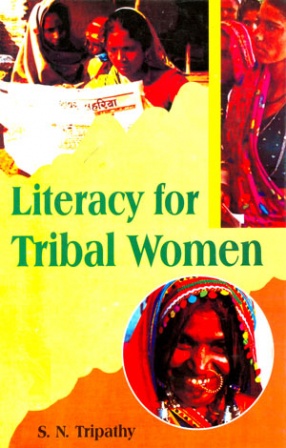
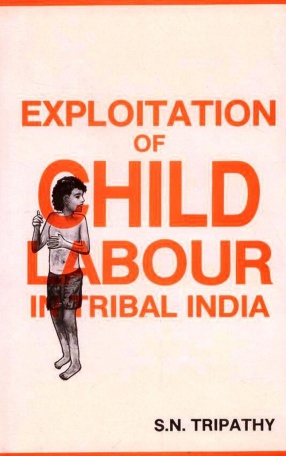
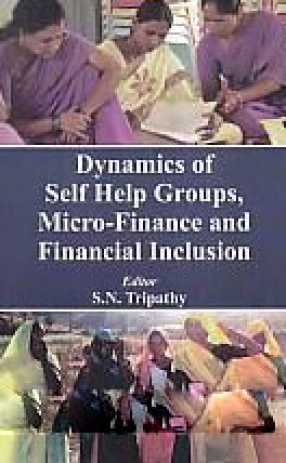
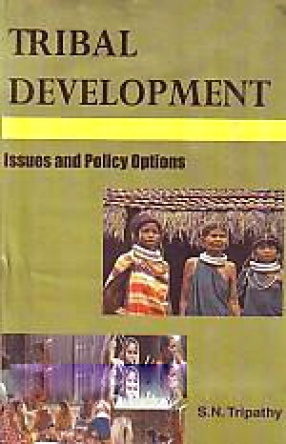


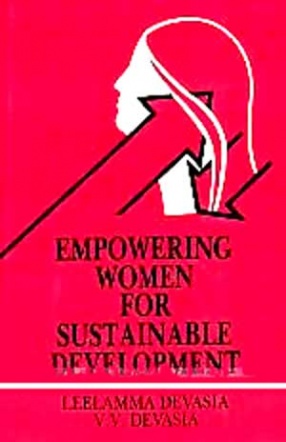
There are no reviews yet.